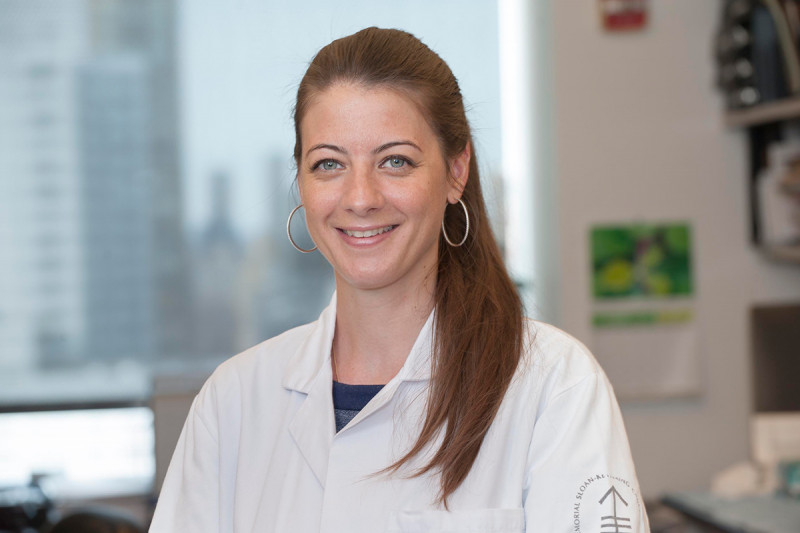
I am a senior scientist in the laboratory of Dr. Neal Rosen. My main interest is the role played by the PI3K/AKT/mTOR signaling pathway in human cancer. My work utilizes selective inhibitors of components of this pathway to determine its role in regulating tumor cell proliferation, survival and metabolism in vitro and in vivo.
In the Rosen Laboratory, I have been studying the mechanisms of resistance to many PI3K/AKT/mTOR inhibitors. One of my earliest findings describes the feedback reactivation of upstream receptor tyrosine kinases (RTKs) upon treatment with ATP-competitive mTOR kinase inhibitors (class II) that are currently in clinical trials. The receptor reactivations upon treatment lead the cells to activate the AKT signaling leading to resistance. This study highlighted the need for combination therapy of mTOR inhibitors with RTK inhibitors, which is now being tested in different clinical trials.
I continued investigating the mechanism of resistance to mTOR inhibitors and developed breast cancer cell line models that are either resistant to Class I (rapalogs) or Class II (ATP competitive) mTOR inhibitors. We characterized these models and the mechanisms leading to resistance. The rapamycin resistant cells harbored an FRB domain mutation preventing the binding of FKBP12-rapamycin complex to mTOR leading thus to resistance; while the mTOR kinase inhibitor resistant cells harbored a mutation in mTOR kinase domain. This mutation led to an increased mTOR kinase activity rendering the cells resistant to this class of compounds. Importantly, these activating mutations have been found in untreated patients highlighting the potential de novo resistance of certain patients to current mTOR inhibitors and the need for novel therapies. We further developed, in collaboration with Dr. Kevan Shokat at UCSF, a novel hybrid mTOR inhibitor that could overcome the resistance to mTOR first and second generation compounds. This novel inhibitor led to tumor growth inhibition of both WT mTOR and mutated mTOR tumors. Of importance, the mTOR FRB domain mutants were also found in one case of a patient that relapsed under rapalog treatment showing the utility of our in vitro models to study resistance to these types of compounds.